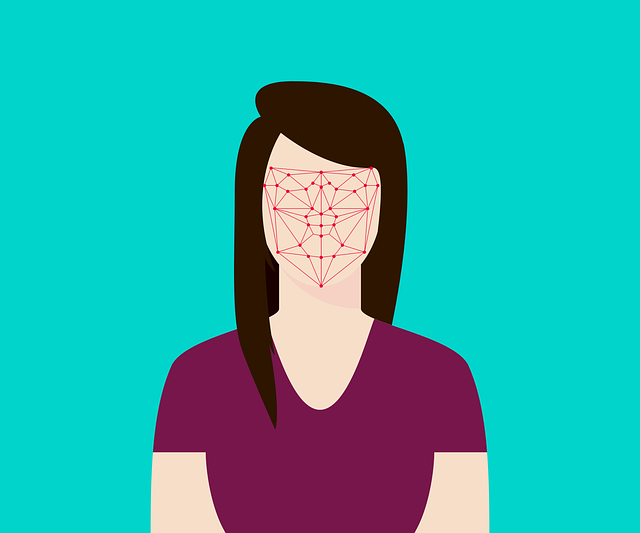China has had a reputation of being strict in terms of technology. The country authorities have now levied a new rule by making the face-recognition in the smartphones as compulsory. The subscribers who will sign up for the new mobile plans in China will have to abide by the new rule with effect from December 1, 2019. People from across the globe are adopting the face recognition tech on their smartphones while China has gone a step further by making it compulsory.
A notice has been sent to the telecom operators by the China’s Ministry of Industry and Information Technology. The notice added that the move has been taken to protect the legitimate rights of its citizens in the cyberspace and that the technologies like Artificial intelligence should be used to match the face of the customers by buying a new SIM cards that have their identity documents. The new rule is also a measure by the Chinese government to limit the people’s tendency to stay unidentified online.
The new rule that has been applied needs the consumers, who buy a new phone number, to show their national identification card. They will also need to have their pictures taken. While the move has been appreciated by many in terms of safety, some of the privacy rights activists have argued that the Face-recognition policy was not essential and that the biometric data could pose a risk and could also be compromised. The technology has already been used in a number of services in China, especially the financial payments. Some of the consumers have embraced the technology, while some have criticized it.
In one of the incidences, Guo Bing, a law professor sued Hangzhou Safari Park as it forced him to undergo the facial recognition lane instead of the fingerprint scanning that it earlier did. This is one of the early lawsuits that has targeted the technology in country in trouble.
Photo Credits: Pixabay











